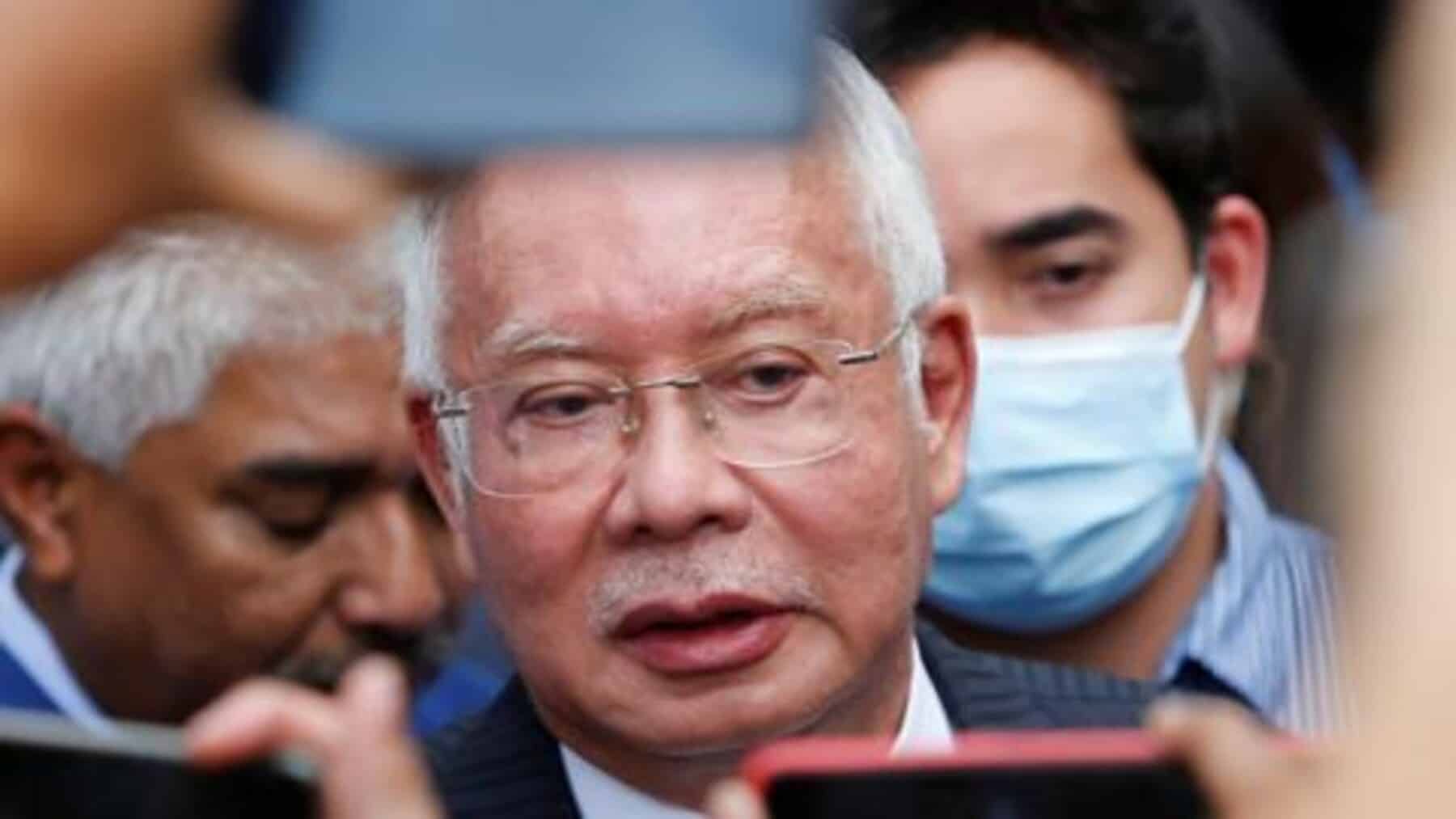Former Malaysian Prime Minister Najib Razak, convicted of graft and money laundering in connection to the 1MDB scandal, had his jail sentence halved on Friday (Feb 2), raising concerns about Prime Minister Anwar Ibrahim's anti-corruption stance.
Anwar campaigned vigorously against corruption, yet his decision to collaborate with Najib's tainted party, the United National Malays Organisation (Umno), to form a government in November 2022, has sparked scrutiny over his commitment to fighting graft.
The reduction in Najib's sentence amplifies allegations of a regression in reform efforts under the Anwar administration. Last year, a series of graft cases involving Najib and other Umno leaders were dropped, fueling skepticism about the government's dedication to combating corruption.
The move to cut Najib's jail term underscores the complexities of Malaysia's political landscape, where alliances and agendas often intertwine. The decision is likely to reignite debates about accountability and transparency within the country's governance framework.
As Malaysia grapples with the aftermath of one of the world's largest financial scandals, the 1MDB debacle, public trust in political leadership remains fragile. The handling of Najib's case and the broader implications for Malaysia's anti-corruption drive will undoubtedly shape the country's political landscape in the coming years.
Critics warn that compromising on accountability could erode public confidence and undermine efforts to root out systemic corruption. The decision to reduce Najib's sentence prompts renewed calls for a robust and unwavering commitment to upholding the rule of law and combating graft at all levels of government.
In a nation where corruption has long been a pressing concern, Malaysia's leaders face a pivotal moment in their quest to restore integrity and credibility to the country's institutions. The outcome of Najib's case serves as a litmus test for Malaysia's commitment to transparency and accountability in governance.




















